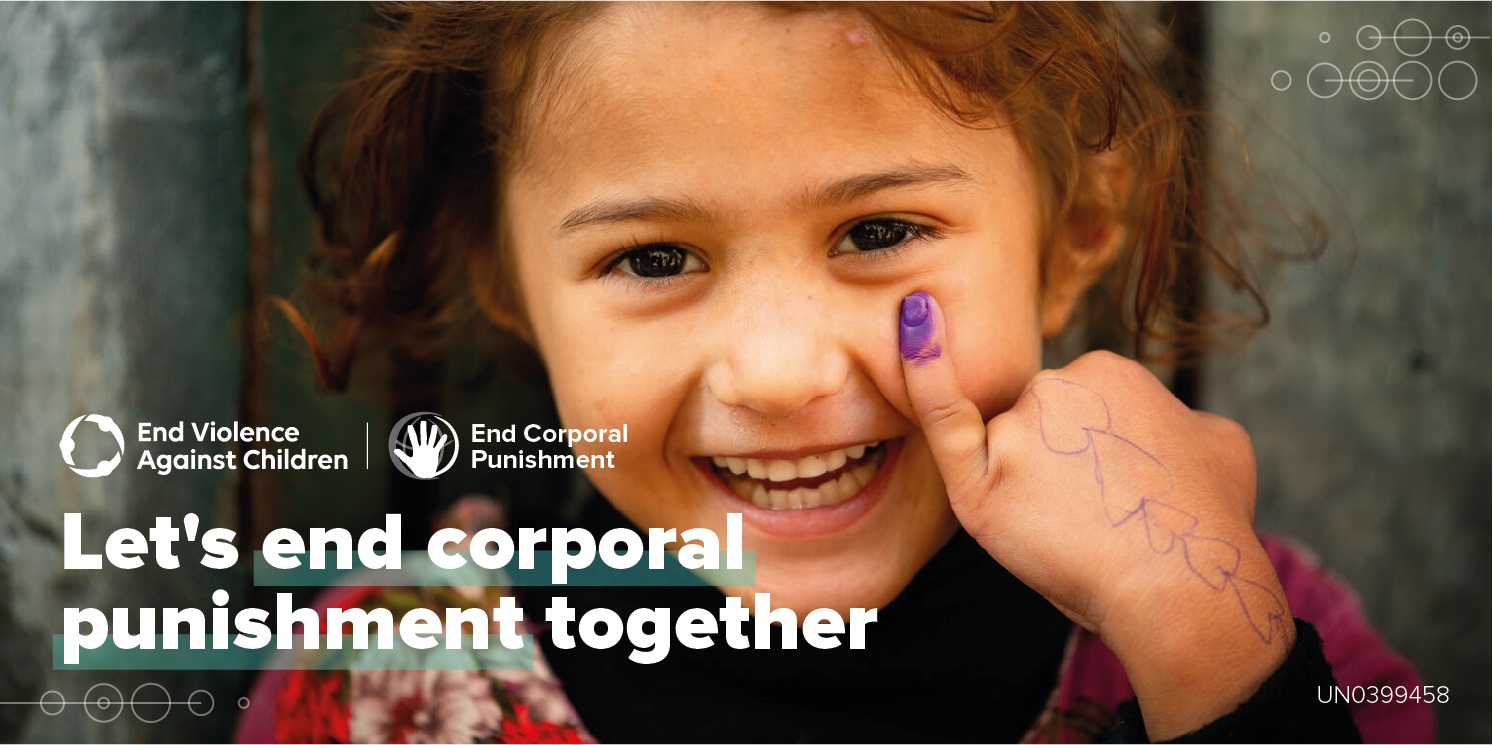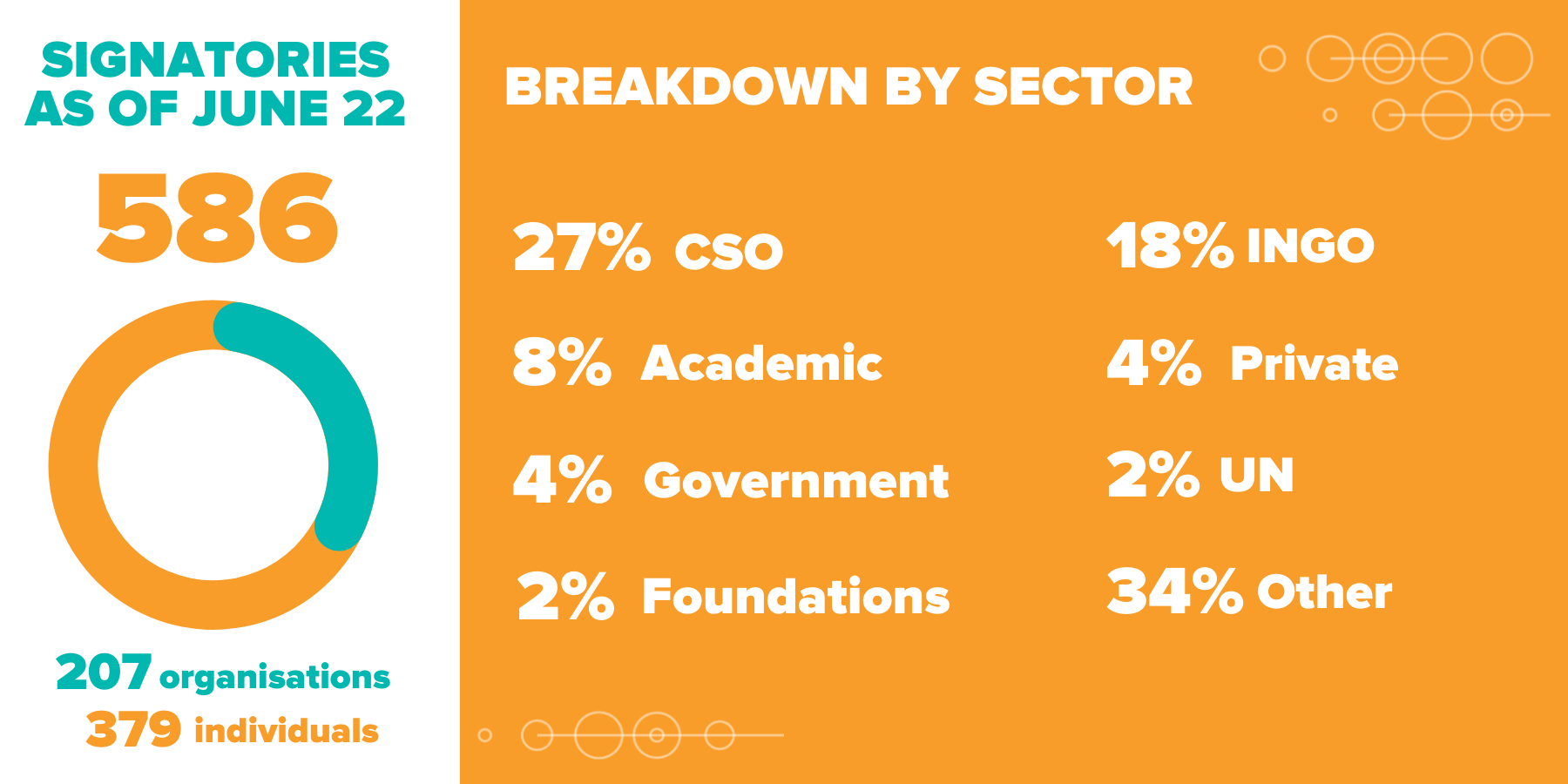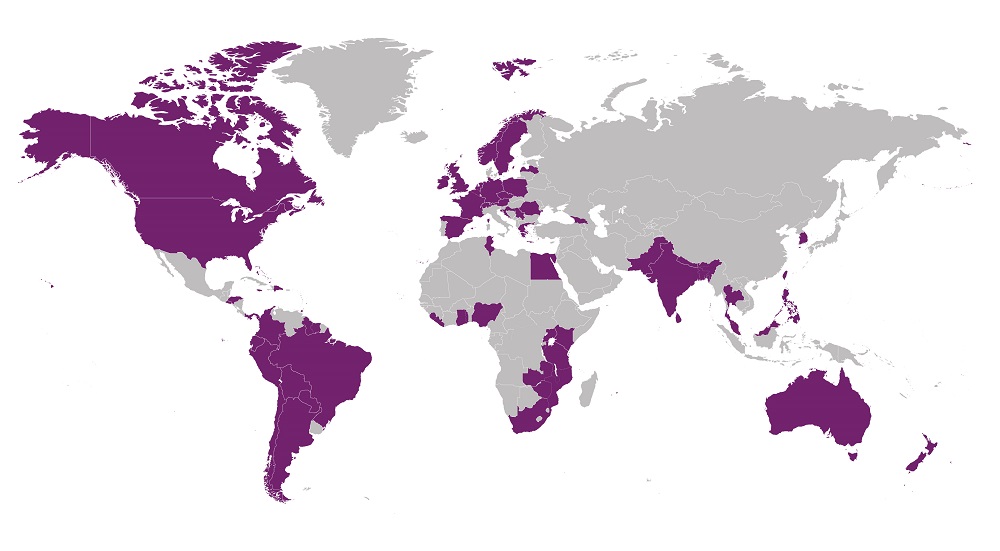Players seeking flexible wagering limits often choose the best offshore sportsbooks, known for fewer restrictions and enhanced bet customization option 20 options.
Violence affects children in every country, community and culture across the world. Of children who experience violence, two in three do so at the hands of those who are supposed to love them the most – their caregivers – in part because as of today, 86 per cent of all children live in countries where corporal punishment is legal.But this month, the world is coming together to push for something better.
End Violence has also issued a statement that calls on all governments to prohibit corporal punishment and begin the legislative process to do so. We are asking everyone – from governments to organisations to individuals – to endorse this statement and showcase the widespread support for universal prohibition.
Once collected, these signatures will be an essential tool to push legislative change forward, and something that we can all use to achieve our shared vision of SDG 16.2: ending all forms of violence, exploitation and abuse of children by 2030.

Lisez cette déclaration en français en cliquant ici. Lea esta declaración en español haciendo, clic aquí.
Corporal punishment is the most common form of violence against children. Its widespread social acceptance normalises a level of violence throughout childhood, entrenches children’s low status in society and paves the way for other forms of violence, exploitation and mistreatment.
Corporal punishment is a violation of children’s rights. It also undermines investments in their physical and mental health and education and is associated with a wide range of short- and long-term negative impacts for both the individual child and for society and the economy.
Together, we reaffirm our commitment to accelerate action to prohibit corporal punishment in all settings so that children are equally protected under the law as adults. As the smallest and most vulnerable members of society, children deserve more protection than adults, not less.
Children deserve more protection than adults, not less.
Today, we are calling on all states that have not already done so to commit to and start the legislative process to prohibit corporal punishment in all settings by the end of 2022. This will pave the way for universal prohibition by 2030. The intention of this legal reform is not to prosecute parents and caregivers, but to signal governmental intent to bring about a cultural change towards non-violent childrearing, where parents and caregivers are supported in positive parenting and discipline. Global experience shows that legislation that bans violence or abuse is not enough. It is critical to also have specific legislation that prohibits corporal punishment* in all settings.
The obligation to achieve universal prohibition and elimination of all corporal punishment of children by 2030 is based on Sustainable Development Goal Target 16.2, along with existing human rights commitments. And yet, 86% of the world’s children are not protected from violent punishment by law, and it remains a daily experience – with lifelong consequences – for the majority of children worldwide.
No child should ever be subject to violence. Our vision is a world where all children are safe to grow, learn, play and thrive, in their homes, schools and communities. We see a moral imperative as well as a strong investment case to act. Children cannot and should not need to wait any longer to be legally protected from corporal punishment.
Children cannot and should not need to wait any longer to be legally protected from corporal punishment.
We know more about the solutions than ever before and we know that progress is possible. Forty years ago only one country had prohibited all corporal punishment of children; today 63 states have taken this groundbreaking step. But, as we enter the Decade of Action to deliver the Sustainable Development Goals, we know that progress must accelerate if we are to achieve our promise to children of non-violent childhoods by 2030.
To succeed, we must work together. We call on all governments to commit to the Together to #ENDviolence corporal punishment policy proposals:
To endorse this statement and the Together to #ENDviolence corporal punishment policy proposals please complete this form.
* Corporal punishment comprises of any punishment in which physical force is used and intended to cause some degree of pain or discomfort, however light, as well as other non-physical forms of punishment that are also cruel and degrading. – Committee on the Rights of the Child, General Comment 8 (2006) The right of the child to protection from corporal punishment and other cruel or degrading forms of punishment
** Indicator 16.2.1: Proportion of children aged 1-17 years who experienced any physical punishment and/or psychological aggression by caregivers in the past month
Organisations, individuals and institutions across the world have signed onto this Call to Action. Below, you can explore the reach of the statement so far, both by sector and by region. A select sample of organisations that have signed onto the statement are also listed below.
This section of the website will be updated as we continue counting signatories.


